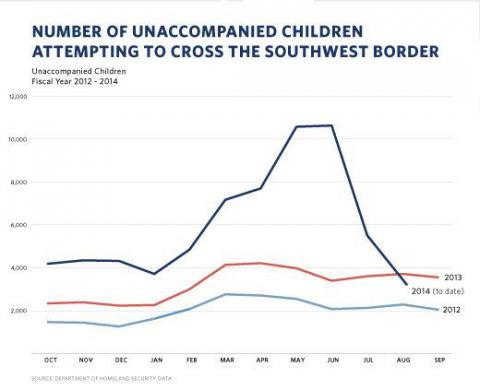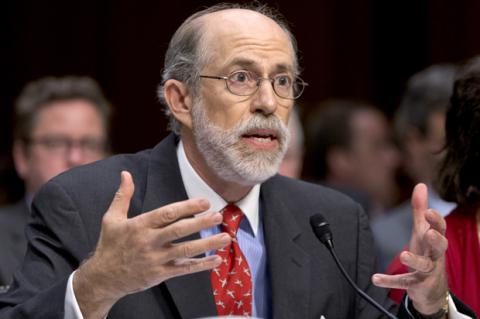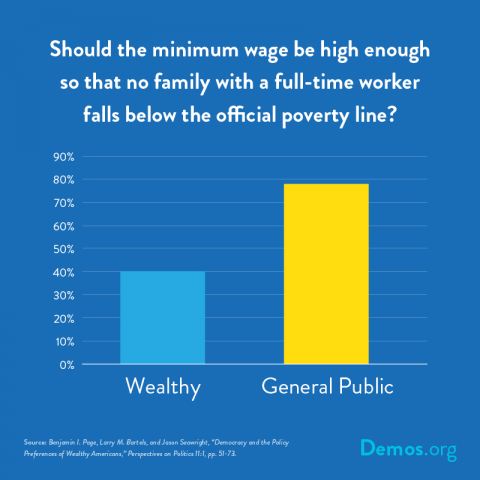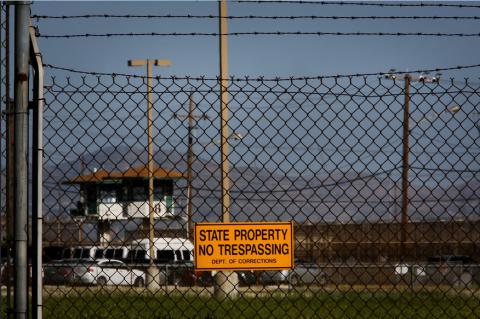The Child Migrant Crisis Seems to be Over. What Happened?
Vox

Quite simply, the surge of child migrants has stopped. As of August 2014, the number of unaccompanied minors apprehended at the border had fallen back below the previous year's levels.







Spread the word